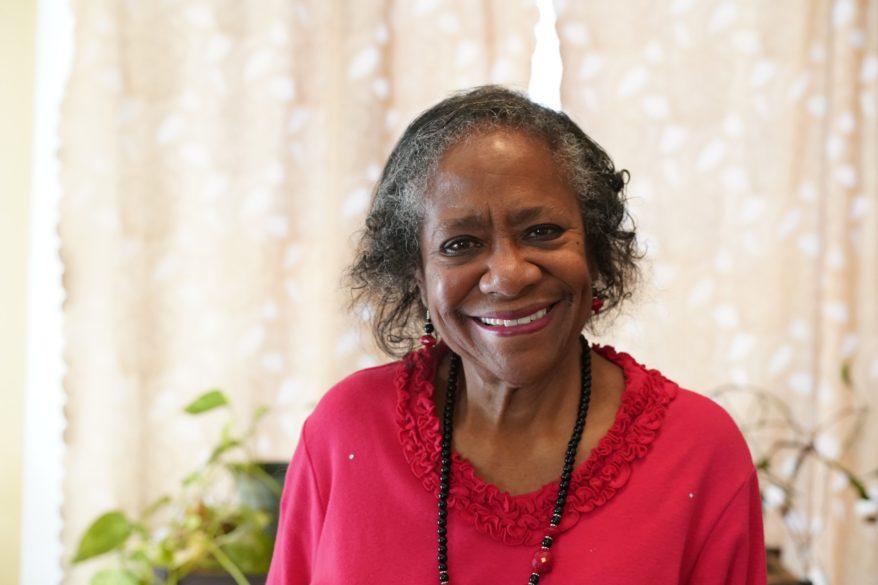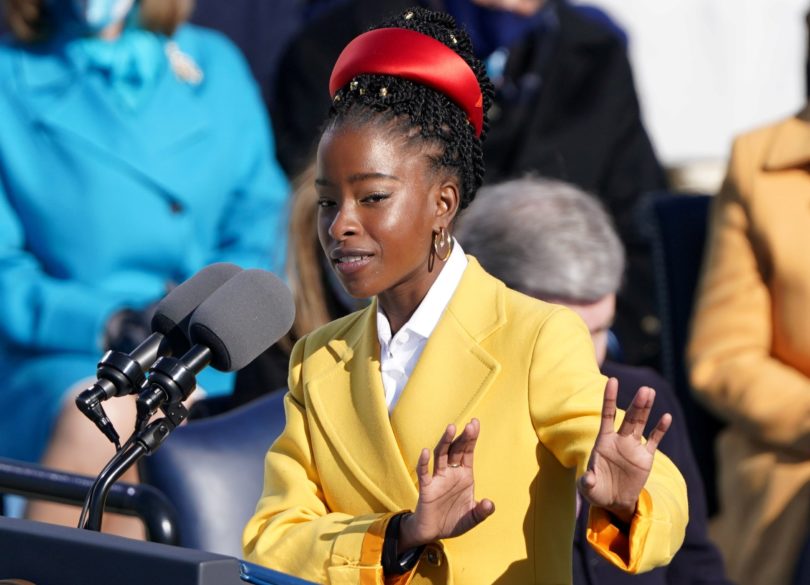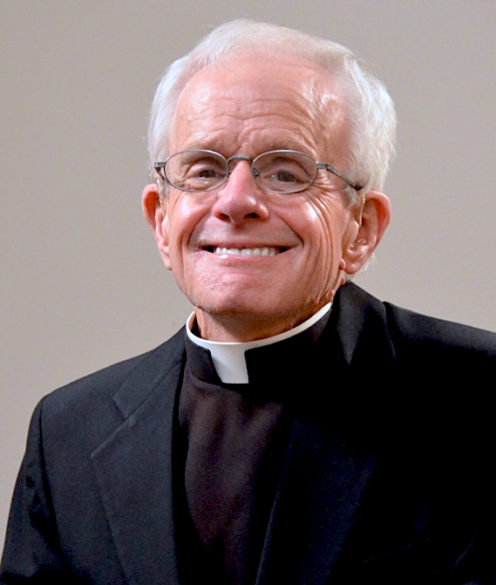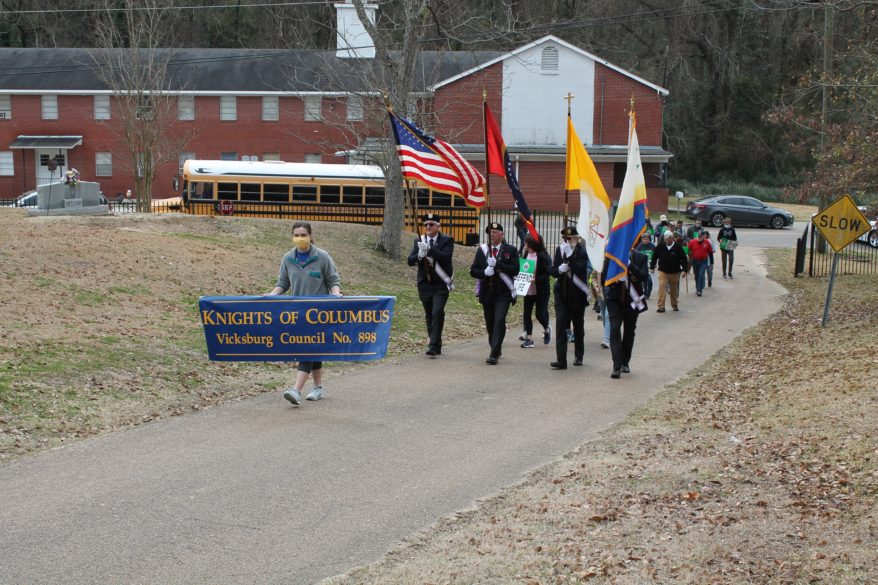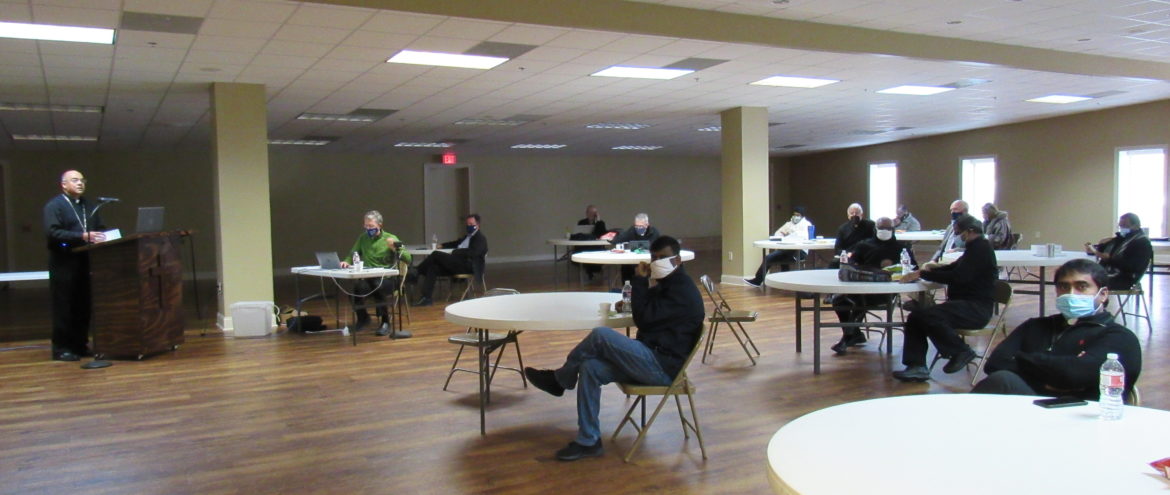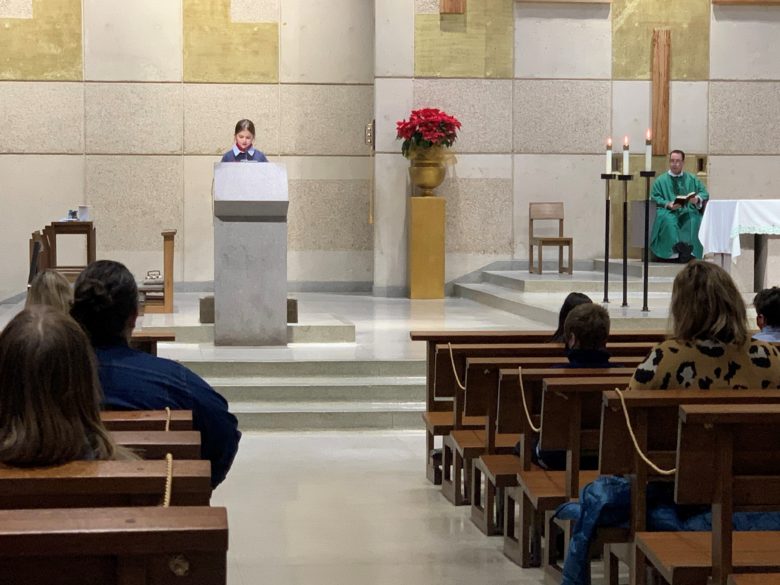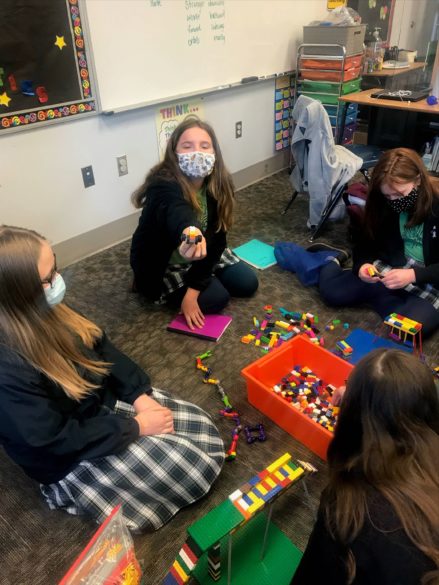Race and Intercultural Competence (Readings):
“Brothers And Sisters To Us,” National Conference of Catholic Bishops (NCCB), Washington DC, 1979
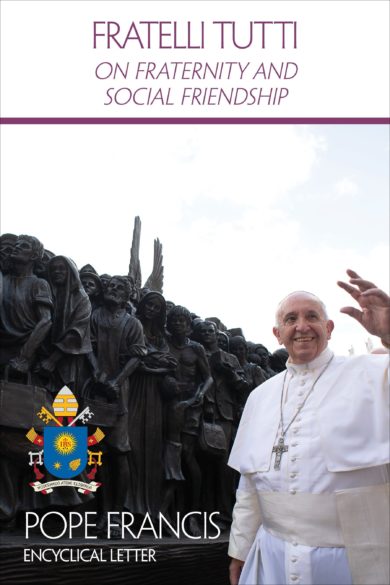
“Discrimination And Christian Conscience,” US Conference of Catholic Bishops, Washington DC, 1958
“How Church Teaching Can Help Explain why ‘Black Lives Matter,’ America, Sept 2020
“Fratelli Tutti,” Encyclical Letter of Pope Francis, Vatican City, 2020
“Humana Communitas: 25th Anniversary of the Establishment of the Pontifical Academy for Life,” Pope Francis, Vatican City, 2019
“The Inner Life and Cultural Competence,” Len Sperry, (found in): The Inner Life of Priests, Liturgical Press, Collegeville, MN, 2008, pp. 59-70
“The Journey Within and Intercultural Competencies,” Gerard J. McGlone, SJ & Fernando A. Ortiz, (found in) The Inner Life of Priests, Liturgical Press, Collegeville, MN, 2008, pp. 72-81
“The Lessons I Learned from My Hispanic Parishioners,” Msgr. Scott Friend, (found in): A Priest’s Life: The Calling, The Cost, The Joy, The Word Among Us Press, 2010, pp. 42-50
“Many Faces In God’s House-A Catholic Vision for the Third Millennium,” USCCB, Washington DC 2000
“The Multi-Cultural Reality of Priestly Ministry Today,” (found in) Same Call, Different Men, Liturgical Press, Collegeville, MN, 2011, pp. 92-111
“The Nation’s Race Crisis,” US Conference of Catholic Bishops, Washington DC, 1968
“Open Wide Our Hearts, “ USCCB, Washington DC, 2018
“Practical Steps for Eradicating Racism: An Invitation,” USCCB Subcommittee on African American Affairs, and Ad Hoc Committee Against Racism, 2020
“The Priest In The Midst of Cultural Diversity,” Bishop Gerald R. Barnes, (found in): Priests for a New Millennium, USCCB Secretariat For Priestly Life and Ministry, Washington DC, 2000, pp. 163-174
“The Racial Divide: Are We Finally Awoke?”, Bishop Edward K. Braxton, Belleville, 2020
“Reconciled Through Christ, “ USCCB, Washington DC, 1997
Virtual Black Catholic History Events:
Tuesday, Feb. 16, 6-7:30 p.m. CST
“Why Black Catholic History Matters”
King’s College – The McGowan Center for Ethics and Social Responsibility
Presentation and Q&A with Shannen Dee Williams, Albert LePage Assistant Professor of History, Villanova University, with a response from Mary Beth Fraser Connolly, Lecturer in History, Purdue University Northwest
Register: https://bit.ly/2N3Epce
Sunday, Feb. 21, 1-3 p.m. CST
“Conversion to Racial Justice: Are We Who We Say We Are?”
Rev. Deacon Royce Winters, Director of African American Pastoral Ministries for the Archdiocese of Cincinnati facilitates a conversation on Racial Justice.
Participants will be asked to be open to the transforming power of God that will allow us to freely enter into an examination of conscience through prayer, scripture and faith-sharing. Their hope is to provide a safe place to address the words, gestures and attitudes that hinder us from becoming whole. Are We Who We Say We Are?
Register: https://bit.ly/2N5DZlC
Wednesday, February 24th: 6-7:30 PM CST
Racial Harmony Commission of the Diocese of Baton Rouge
“What can the Church do about Racism” with Gloria Purvis
Register: https://www.sulc.edu/form/549 (if you register, you will get an email from support@redhouse243.com which will ask you to formally register through the Southern University Law Center)
Xavier University of Louisiana
During February, Mass will be streamed on each Sunday from the St. Katharine Drexel Chapel via the Campus Ministry YouTube channel:
Visit: https://www.youtube.com/channel/UC9glV2joiw5ChM4I3uxdBpQ
National Association of Pastoral Musicians
Every Thursday in February, they will livestream 15-minute Art and Music presentations to celebrate Black Catholic heroes throughout Black History month:
• Black Madonnas (music by Meredith Augustin)
• Venerable Augustus Tolton (music by Cliff Petty)
• Servant of God Sister Thea Bowman (music by M. Roger Holland II)
• Be Who You Are (music by ValLimar Jansen)
Visit: https://www.facebook.com/NPMNational/
Diocese of Buffalo will be hosting a Zoom discussion on
• Black Popes and Bishops/Black Catholic Clergy on Monday, Feb. 15, 5:30 p.m. CST
• Racial Justice in the US and the Catholic Church on Monday, Feb. 22 at 5:30 p.m.
Details: https://bit.ly/36SfW0I
Archdiocese of Chicago
Co-Sponsors: Diocese of Columbus, Diocese of Birmingham, Diocese of Richmond, Archdiocese of Denver and the Tolton Spirituality Center
Every Saturday in February there will be an in-depth educational experience for Black History Month. “We strive to inspire the Christian faithful through the witness of our Catholic candidates for sainthood. We will celebrate how they triumphed over tragedies and learn how we can do the same.”
• Henriette Delile and Augustus Tolton, Saturday, Feb. 13
• Julia Greeley and Thea Bowman, Saturday, Feb. 20
• Augustus Tolton: Renewal, Restoration and Reconciliation, Saturday, Feb. 27
Register: https://bit.ly/3p8Imda
(Reading list compiled by the Subcommittee on African American Affairs of the USCCB and event list compiled by Daisey Martinez with the Office of Intercultural Ministires of the Diocese of Jackson.)

